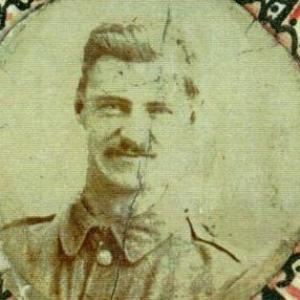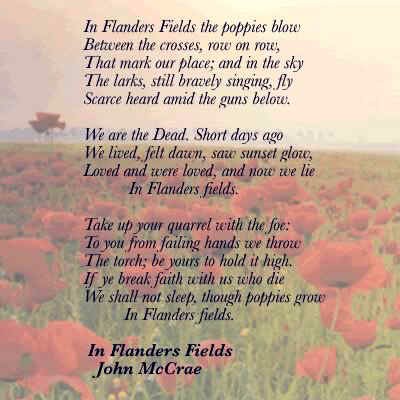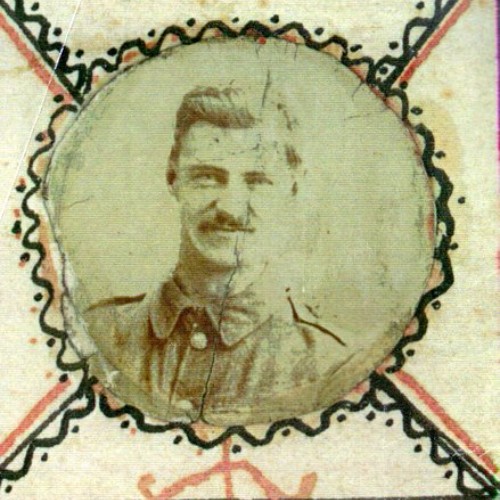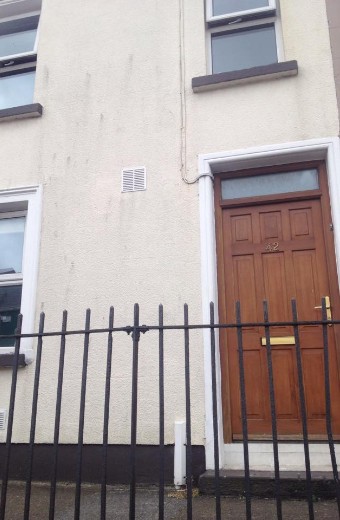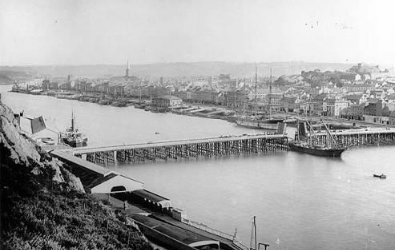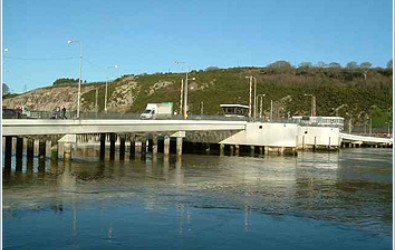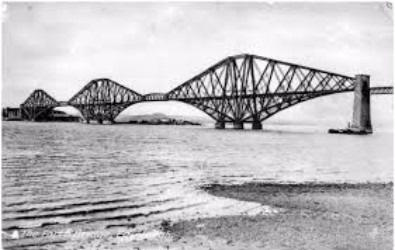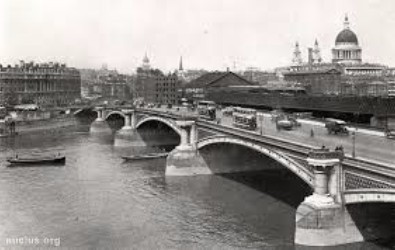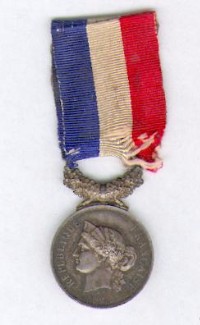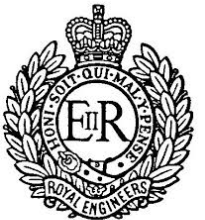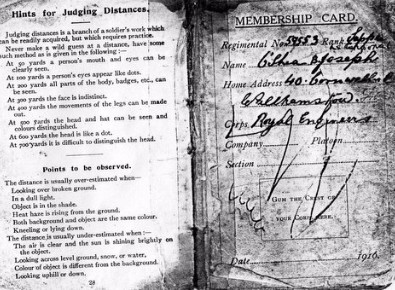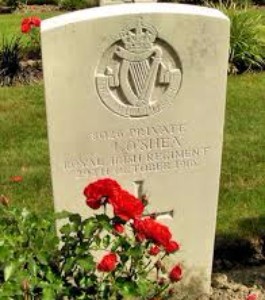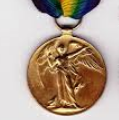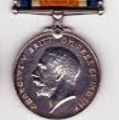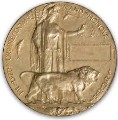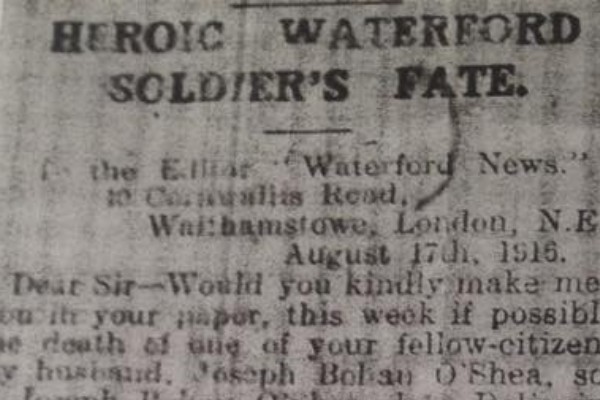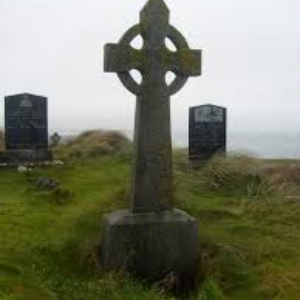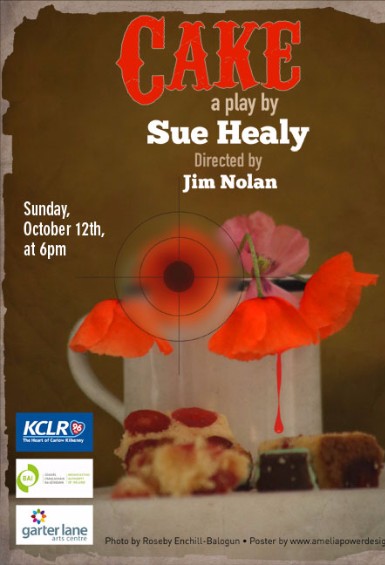about me
I am a leaving cert student and head girl of Scoil Mhuire, Carrick- on -Suir, county Tipperary.
I was born in New York City, USA and I am Irish- American. I moved to Ireland when I was 3 years old and my parents are both Irish.
I live in a small village in county Waterford called Clonea- Power with my parents, 2 sisters and my brother.
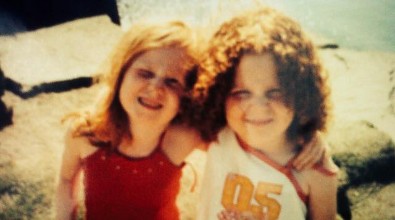
I love history in school and it is one of my favourite subjects along with German and Irish. In the future i hope to study history.
I am an active member of my community and am involved in the Carrick - on - Suir Musical Society and the Carrick Dippers swim club.
My great great grandfather on my fathers side, Maurice Hurley fought in World War 1. He was a private in the British army and I know that he fought in the Battle of Jerusalem in Israel. My great great great grandfather James Curran was also a soldier in the British Army in the late 1800's. He was in the army for a total of 21 years and in that time he travelled the world serving in countries such as Japan, China, Malaysia, Singapore and India. When he was in Malta he fell in love with my great great great grandmother who was Maltese, they married and continued to travel with the army, eventually settling and raising a family in county Waterford.
My history teacher, Ms. Doherty told me about the Adopt A Soldier competition. A few girls in my class entered the competition and my teacher was more then delighted that I became Waterford's representative for the project.
She has been an incredible help to me along with my classmates and school throughout the past year.
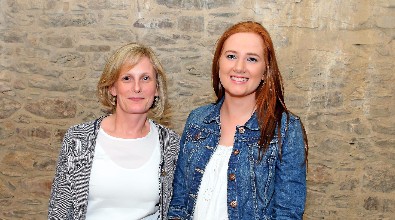
Finding My research
I found the family of Joseph Bohan O'Shea on the 1901 census. I then went to Waterford City library and they helped to find more information, showing me the right websites to use etc. The library got in touch with a local historian who found a blog written by a great-granddaughter of Joseph Bohan O'Shea named Sue Healy. In it she wrote about his death and included the letters written to Mary Josephine O'Shea after the death of her husband.
The next step was to make contact with her, fortunately she left an email address on her blog, and it wasn't long before she received a long e-mail from me explaining the Adopt a Soldier project and about how I was researching her great- grandfather. Luckily for me she was very interested in the project and knew a lot about her great grandfathers experience in the war.
However Sue Healy lives in England, so she gave me the contact information of her family. Her mother Paula and her uncle Martin who were both grandchildren to Joseph Bohan O'Shea. They were so very helpful giving me the rest of the information needed to complete my research.
It was then a matter of putting all the research together, I prepared a slide show which went through the story of Joseph Bohan and his family. In March all other county representatives got together to discuss each others soldiers, meet the trip co- ordinators and talk about the project. At the meeting I didn't have to show my slide show presentation but Ms. Doherty had me well prepared and I practised the presentation in front of different history and english classes throughout the school.
At the meeting which was held in Collins Barracks in Dublin, I got to meet the co- ordinators of the trip and all the other county representatives who would be going to the Somme with me the following June. I heard the stories of other soldiers and of the hardship each went through during the war.
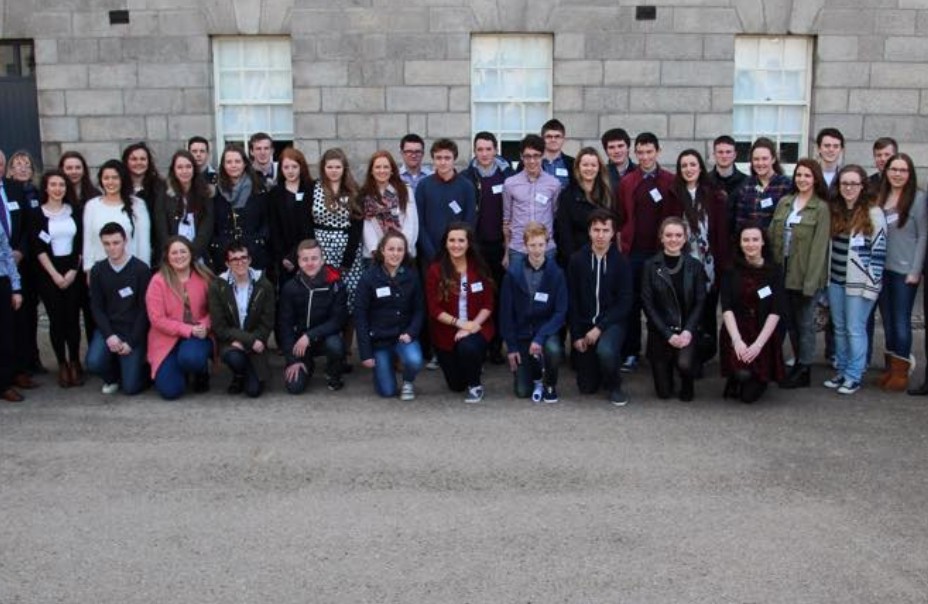
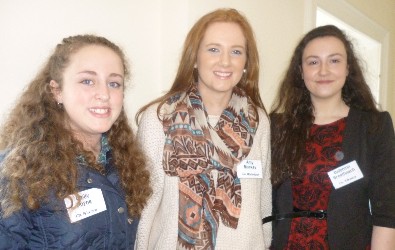
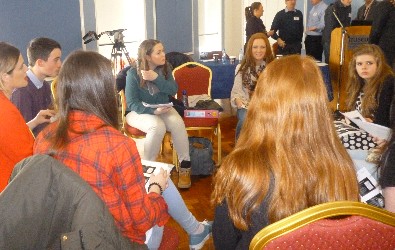
As the first meeting had been so successful, the head of the National History Teachers Association, Niamh Crowley who is from Waterford decided to hold a night for the South East representatives to get together and present to the public about our soldiers and what we had learned. The night was held in the Waterford Treasures Museum and was a great night. The relatives of my soldier Joseph Bohan also attended the meeting along with my history teacher and my family. It was an honour to speak about Joseph Bohan and to tell the people of Waterford and the South East about his story.
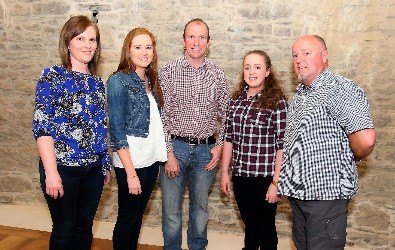
My parents and I, alongside Emily and her father on the night.
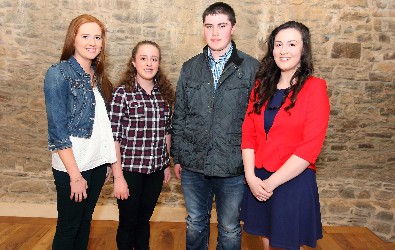
The Wexford, Carlow and Kilkenny representatives and I (Emily, Kieran and Béibhinn).
Finally, I would like to thank everybody who has been of help to me this past year in preparing for this trip. I would like to thank the trip co- ordinators Gerry Moore and Michael Collins along with Aidan Rafferty who designed the web page and Niamh Crowley of the History Teachers Association. I would also like to thank my mam and dad who helped me throughout the project spell checking and helping me to compose emails etc. My history teacher Susan Doherty who is the reason I entered the competition along with the other history teachers Mr. O'Mahony and Ms. Jones and my school principal Ms. O' Keefe. I owe a lot too me friends and my peers who gave me help and support through out the year. I would like to thank everyone who is involved in the co-ordination and sponsorship of the trip along with local radio stations, newspapers and RTE, who made people aware of the trip and helped us to honour the legacy of our sodliers.
Thank you for reading.
Feel Free to contact me ;
amymack97@gmail.com

